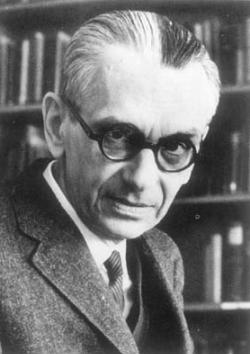
 I think Dawkins was drunk when he wrote the last section of his book. He argues that it's worse to be raised religiously than to be sexually molested as a child. This is not a joke. Start reading at page 317.
I think Dawkins was drunk when he wrote the last section of his book. He argues that it's worse to be raised religiously than to be sexually molested as a child. This is not a joke. Start reading at page 317.He starts off by relating an off-the-cuff remark he made at a conference, when asked about Catholic priest sex scandal, shocked the audience by saying that the molestation wasn't as bad as the religious teaching. Instead of letting this hang as an off-color joke in the text, though, he goes on to try to argue the point! He begins by saying that being molested isn't as bad as people say, saying that he'd been molested. He defends Catholic priests on the charges of molesting children, but attacks them for teaching religion. He then cites one letter from a reader saying she'd been sexually abused as a child, but who felt religion was the worse damage. Finally he tries to get a therapist specializing in "religion abuse" to say the same, but, probably because she has clinical experience treating child sexual abuse -- she waffles. Dawkins, though, does not. To him, religion is a form of child abuse worse than sexual abuse. The next time I see a sexually abused child in the hospital, I'll be sure to console her by saying that at least her parents weren't Christian.
This should be enough to end any discussion of Dawkins as a serious thinker, or even a serious representative of atheism.
I will, in subsequent posts, address other criticisms he raises. You'll forgive me for not quoting from the text, but once I got to the section about children, I sped-read to the end so I could return the book to the bookstore as fast as possible.







